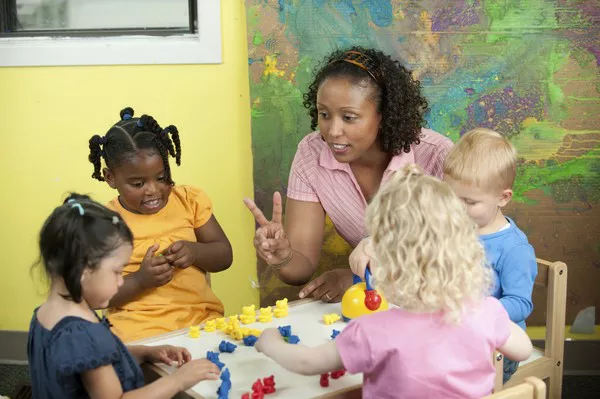The World Bank has called on the Philippines to increase investment in early childhood development to enhance the well-being of its citizens and bolster economic growth. A report released Monday, titled “The Philippines Human Capital Review: Investing in the Early Years to Boost Human Potential,” highlights the crucial role of health, nutrition, education, and social protection in a child’s first decade of life.
Investing in these areas helps build human capital, which encompasses the knowledge, skills, health, and experience needed for individuals to become productive members of society.
“To transition to an upper middle-income status, the Philippines must ensure its population is educated, skilled, and healthy to meet the demands of a more complex economy,” said Ndiamé Diop, World Bank Country Director for Brunei, Malaysia, the Philippines, and Thailand.
Diop emphasized that the Philippines’ young population could be a significant asset if provided with proper education and health. This demographic advantage, known as the demographic dividend, can only be realized with adequate investment in human capital.
The demographic dividend refers to the economic growth potential that occurs when the labor force grows faster than the dependent population. To harness this potential, countries need to implement policies that invest in human capital and create employment opportunities for the expanding workforce.
However, the World Bank’s Human Capital Index (HCI) indicates that the Philippines lags behind its regional peers. The HCI measures the impact of health and education on the productivity of the next generation. Due to underinvestment in these areas, children born in the Philippines today are expected to reach only about half their potential productivity as adults.
The report identifies several factors contributing to this productivity gap: limited and unequal access to education and health services, low proficiency in foundational skills such as reading, writing, numeracy, and problem-solving, pervasive poverty and inequality, and increased vulnerability to natural disasters exacerbated by climate change.
World Bank Economist Toni Joe Lebbos emphasized the importance of early childhood development for building human capital and called for a comprehensive national strategy to extend essential “early years services” across the country.
“Early years services, such as nutrition programs and early childhood education, are crucial for children to develop the social, emotional, cognitive, and physical skills necessary for success in school and life,” Lebbos said.
Lebbos added that these interventions require strong national commitment, enhanced collaboration among government agencies, digital transformation of service delivery, and inclusion of disadvantaged populations.
The report also highlights the vital role of local government units (LGUs) in delivering these services. Strengthening the capacity of LGUs is a top priority, with recommendations for targeted capacity building, budget support for underperforming LGUs, and an equitable incentive mechanism to improve their performance.


